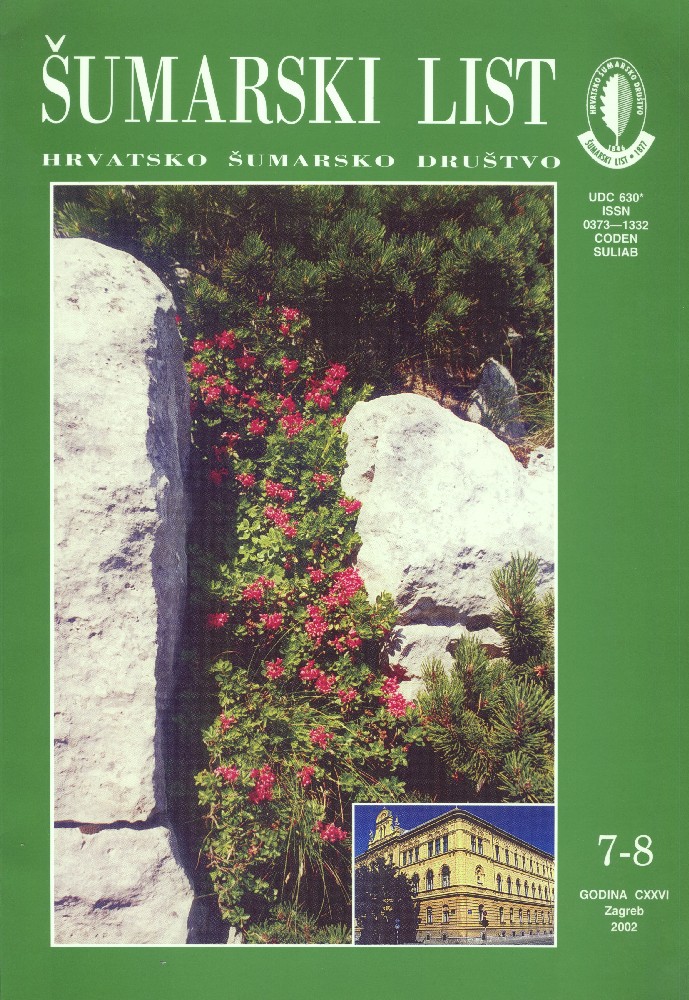Summary: Greece belongs to the poorer members of the Union of Fifteen, EU. Predominantly mediterranean coun-try, forestry of Greece, due to the shape of its territorry, relief and its geography, but particularly due to its history, is among most sick branches of the national economy of this country, which faciliated aces-sibilty by its long littoral, being the craddle od the European civilization. Greece was the incessant bat-tleground and clearing, including forest fires, is most heavier struck by erosion. On such eroded soil to the poor population nothing was left, in everyday´ s struggle for life , but to use the soil as it was, having no means for meliorations or protection.Forestry and forest industries of Greece in the national economy represent only 0.15 % (forestry) and 1.17 % (forest industries). Taken into account the actual situation, the only thing obviously left to the state was to maintain, from the market aspect, impossible situation of market failures (e.g. in forest utilization, timber sales to the industry, etc.), which prevented any significant progress in the near fu-ture. Adding the huge danger from forest fires, in the realtive comparison the heaviest among all Medi-terranean European countries, it was to expected that Greece for the significant number of decades was to remain dependent upon imports of wood and its products. Being without reasources of its own, with so little experience towards growing market standards regarding quality and other trading requirements, Greece will be forced to get through painful restructuring, already accomplished by countries such as Portugal, Spain and Ireland.
Key words: Geographical and relief characteristics; Distribution of forests; Production and consumption of forest and wood products; Forest policy |



